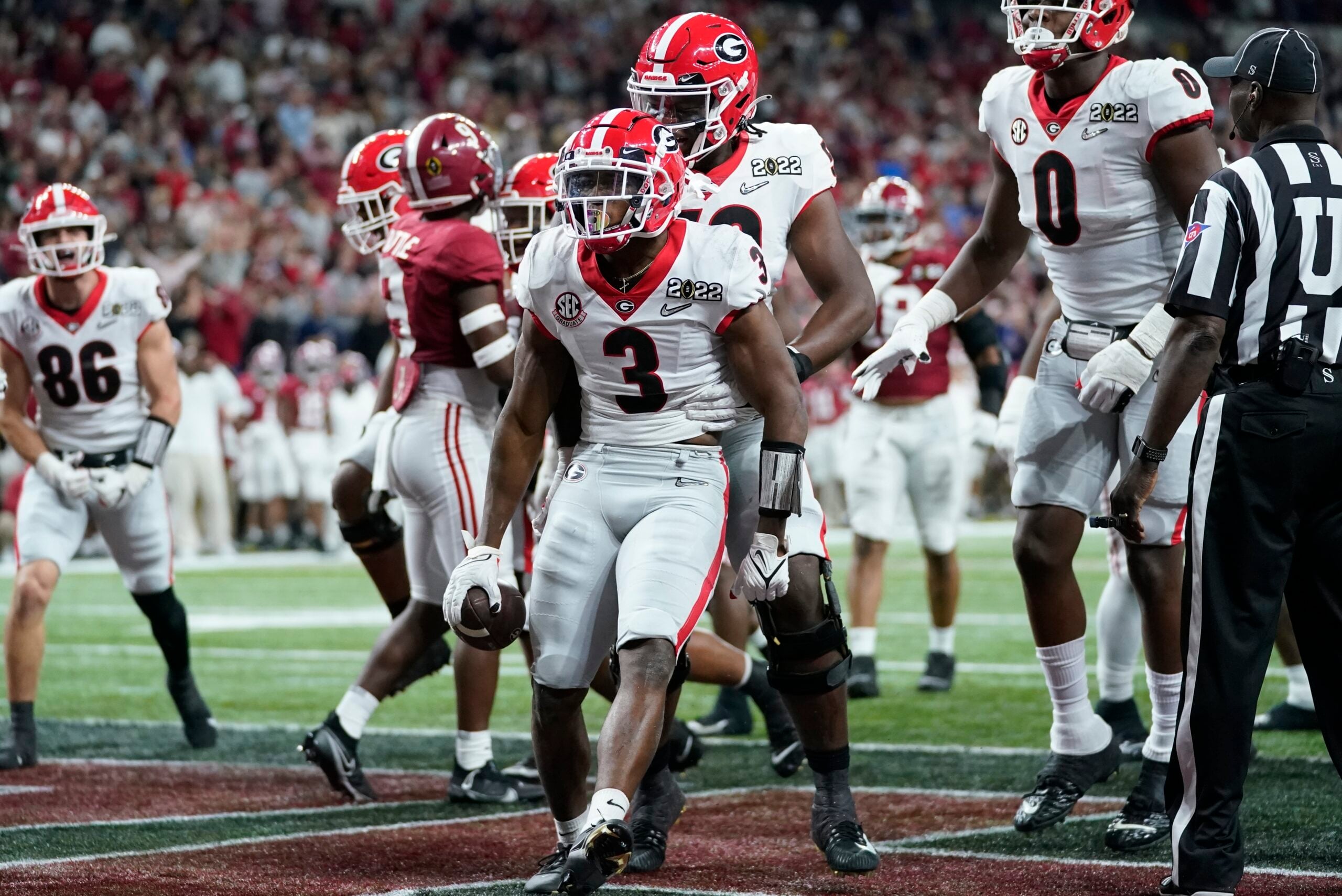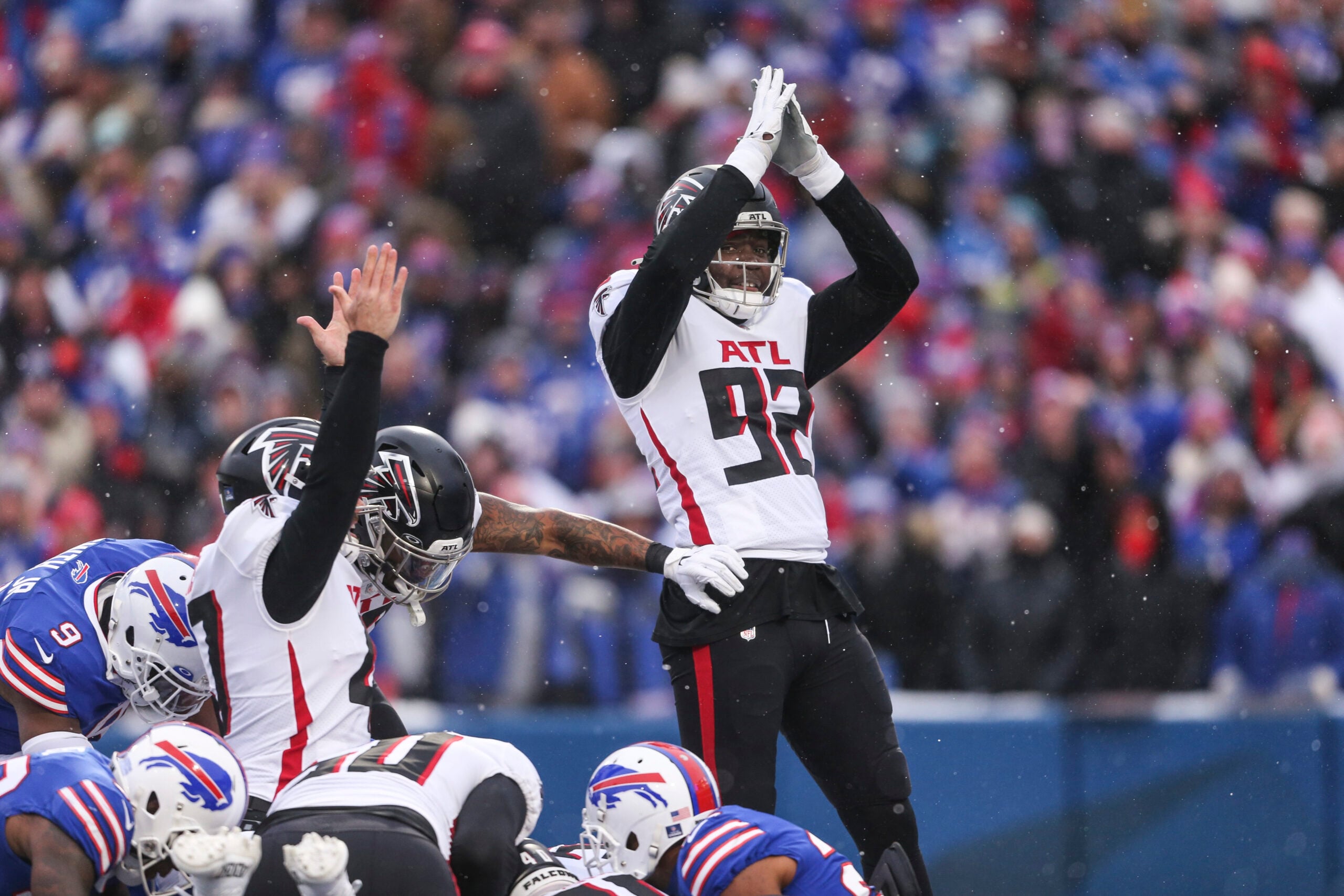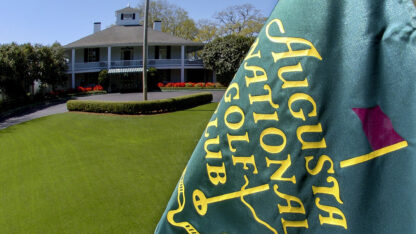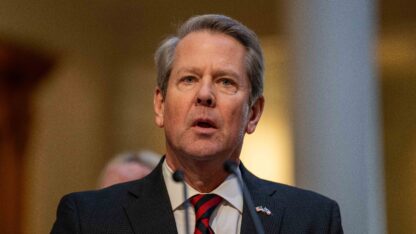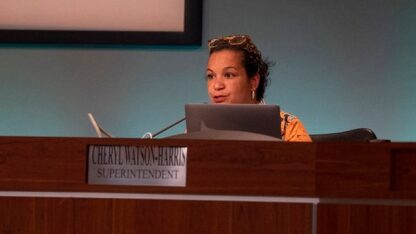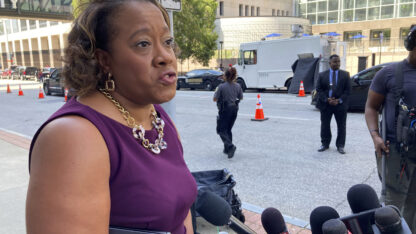As Team Heads To Playoffs, Atlanta United’s Season Already A Success
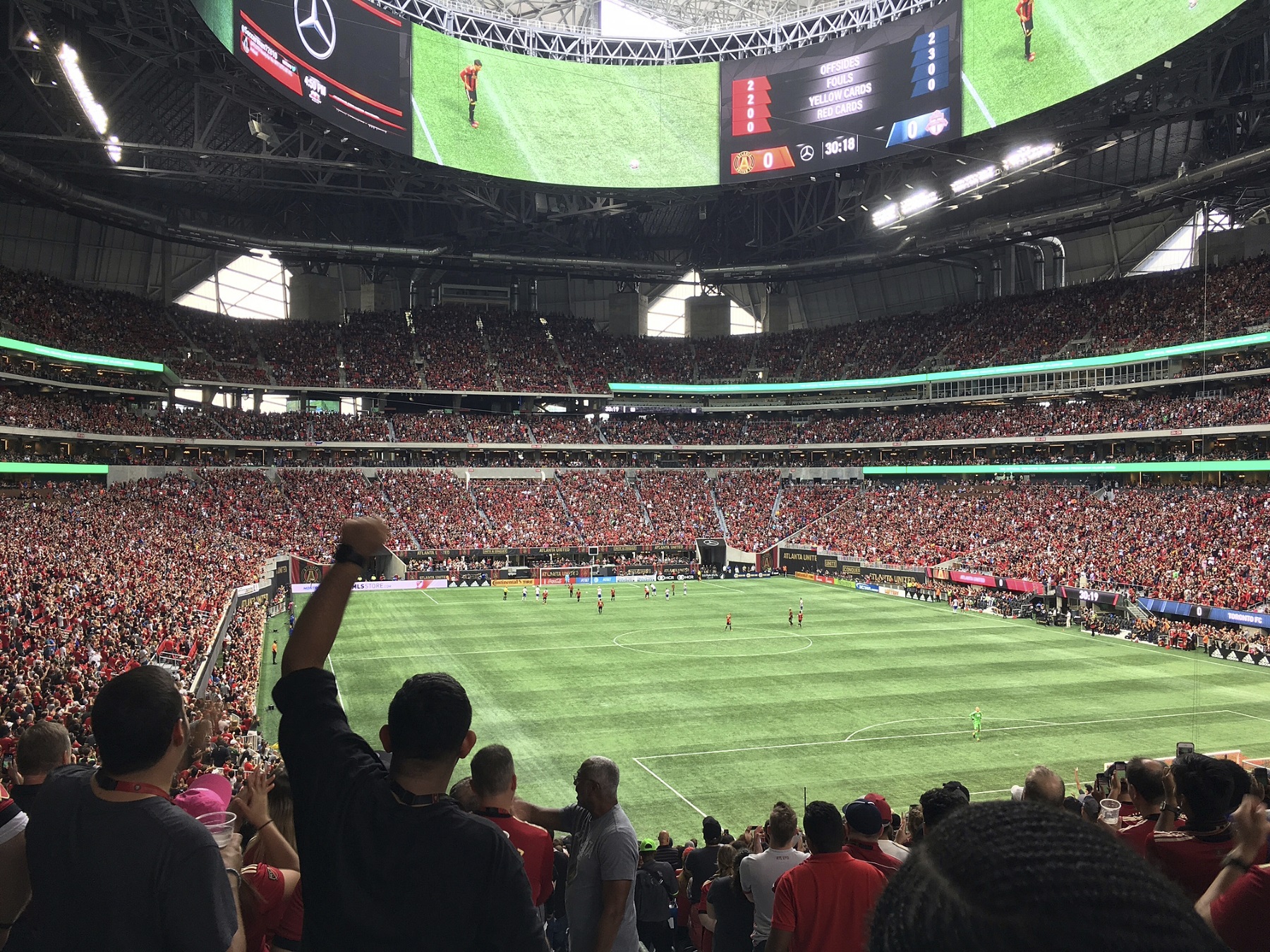
The crowd cheers on Atlanta United in a recent game against Toronto FC at Mercedes-Benz Stadium. Welcome to Atlanta, soccer’s newest hotbed.
Paul Newberry / Associated Press
The cheer begins slowly, rhythmically — everyone raising their hands above their heads, clapping in sync to the beat of the drum, screaming in unison and picking up speed with each chant.
A! ….. T! ….. L!
A! … T! ….L!
A! T! L!
Welcome to soccer’s newest hotbed, which has sprouted in a city known for its fickle sports fans and all the heartbreak doled out by its teams.
This Atlanta United team has been a shining star amid a year of intense disappointment for American soccer, a dashing, high-scoring team that has drawn record crowds and stirred fervent passion in its very first season.
From packed stands at Bobby Dodd Stadium and Mercedes-Benz Stadium, to flag-waving fans who bounce up and down from the opening kick to the final whistle , an Atlanta United game provides the latest glimmer of hope that the U.S. might someday embrace the world’s most popular sport the way the rest of the world does.
“This is unprecedented, certainly in our sport,” said Don Garber, the commissioner of Major League Soccer. “This team has attracted the attention of the entire soccer- and football-playing world.”
Strong Start
Garber knew something was up when United sold more than 30,000 season tickets before playing its first game. Then, a crowd of 55,000 turned out for opening night , which was held in a college football stadium on Georgia Tech’s campus while workers scrambled to finish $1.5 billion Mercedes-Benz Stadium.
As the days and weeks and months passed, from the promise of spring through the heat of summer to the changing leaves of fall, the fans kept coming. When the team finally moved into its new retractable-roof home in mid-September, they didn’t let up. Finally, this past weekend, a crowd of 71,874 attended the regular-season finale, more than any other single game in MLS history.
It was hardly an anomaly. United set the previous record five weeks earlier with its first 70,000-plus turnout. For the season, Atlanta averaged 48,200 per game, easily eclipsing the mark set two years earlier by Seattle, MLS’ flagship franchise. For comparison’s sake, United’s numbers eclipsed the top team in Italy’s Serie A during the 2016-17 season and would’ve ranked in the upper half of the attendance table for any of Europe’s top leagues.
Good News For League
United has provided some much-needed good news for American soccer, which is still reeling from the stunning failure of the U.S. national team to qualify for next year’s World Cup in Russia.
“Without any history on this club, to build something like that, to build the support that we got, that’s very impressive, that in just one year we could get to this point,” said Kevin Kratz, a German midfielder who plays for United.
Actually, Atlanta’s soccer history goes back to the fledgling days of the sport in the U.S.
The Chiefs were founded in 1967 and captured the first championship in the North American Soccer League (NASL). But the team never drew as many as 7,000 fans per game, bouncing between Atlanta-Fulton County Stadium, Georgia Tech’s stadium and even a high school facility south of the city. Hardly anyone noticed when the franchise went out of business in 1973, having spent its final year known as the Apollos.
The Chiefs returned in 1979, this time owned by Ted Turner, but not much changed. Attendance was poor and the team struggled on the field, lasting only three years before folding again.
Creating Its Own History
This is a totally different scenario. United was built for success, from owner Arthur Blank (who also owns the NFL Falcons) to a new stadium to a metro area that is now home to nearly 6 million people and a far more diverse population than it had during the Chiefs era.
Still, the popularity of the team caught everyone off guard.
“There was just an energy and a passion that I think is just similar to whether you’re in Europe watching a game, whether you’re in South America,” United president Darren Eales said. “The fans stand up for the whole game, the fans doing the A-T-L Icelandic chant, those sort of rituals and excitement behind the game … I think it’s a new America. It’s a sport that brought together the city of Atlanta, a city of transplants that’s very international.
“It’s become their club.”
The day after the regular season ended, United was recognized for its impressive debut when MLS awarded the 2018 All-Star Game to Mercedes-Benz Stadium. But the team has more immediate priorities, having qualified for the playoffs and the chance to host a first-round game against Columbus — an original MLS franchise that, in an interesting twist, is pondering a possible move to Texas because of waning attendance and demands for a new stadium.
Another huge, raucous crowd is expected tonight.
“They aren’t just spectators,” said United goalkeeper Brad Guzan, a longtime member of the U.S. national team. “They’re involved in terms of their voice. … It’s truly remarkable.”
United is hoping to build the sort of championship success that has eluded Atlanta’s big league teams. Other than the Chiefs’ long-forgotten title, the Braves are the only other franchise to win it all, and that was more than two decades ago in the 1995 World Series.
More indicative of the city’s sports history was the Falcons’ performance in the last Super Bowl. They squandered a 25-point lead in the second half and lost to the New England Patriots in overtime, casting a pall over Atlanta that still lingers just a bit.
Staying Popular?
Off the field, United still must prove it can hold the city’s attention for a sustained period.
Look no further than Atlanta’s two National Hockey League teams, the Flames and the Thrashers. Both drew large crowds in their early days, but it didn’t last.
Both wound up leaving the city.
United intends to write a new chapter.
They may be on to something.
“Actually, I’m not surprised,” said Elizabeth Edwards, who attended the final regular-season game. “Soccer has been huge in Georgia, and it’s getting bigger and bigger and bigger. I’m a middle-school teacher, so I watch my kids play. They care more about soccer than they do football.”
